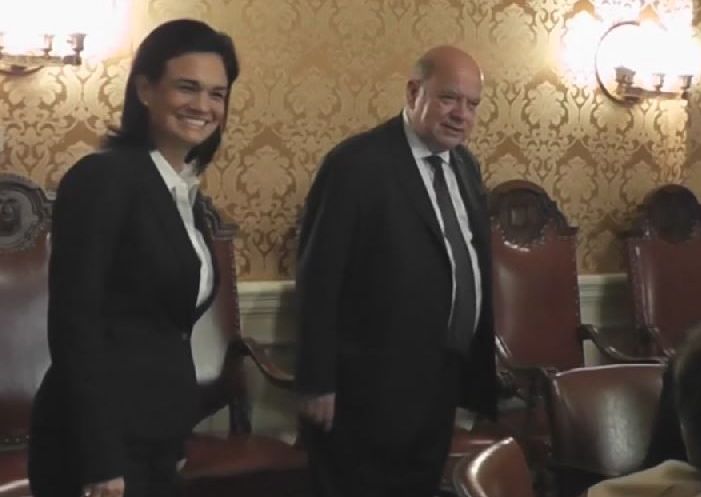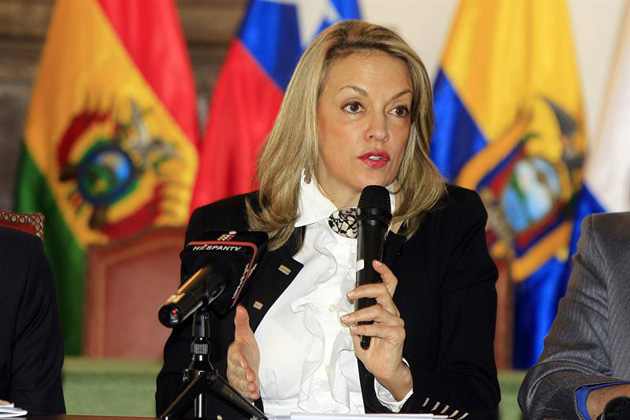
Insulza: ‘No legal reason’ not to invite Cuba to summit
The Secretary General of the Organization of American States (OAS), José Miguel Insulza, said Thursday (Sept. 4) that “there is no legal reason” to prevent Cuba from attending the Summit of the Americas in 2015 if Panama, the host country, decides to invite it, and said that, after 40 years of isolating the Caribbean island, it is time “to try something else.”
“If Panama decides to invite Cuba, there is no legal reason why it cannot go,” said Insulza, stressing that the way out of the differences in the region is “a dialogue.”
“Forty years isolating Cuba have not worked. It is time to try something else,” Insulza said when asked about whether Cuba should attend the summit next year in Panama.
The OAS official spoke in Washington while participating in a panel at the annual conference of the Development Bank of Latin America (CAF) on “Challenges for the Hemisphere 20 Years after the First Summit of the Americas.”
Cuba was suspended from the OAS in 1962 and, although that ban was lifted in 2009, the island has not requested reinstatement to the body.
Although a formal invitation has yet to be issued, Panamanian Vice President and Foreign Minister Isabel De Saint Malo de Alvarado, said in August that Cuba will be invited to the Summit of the Americas. [For background in Progreso Weekly, click here.]
Also present at the conference in Washington, former Panamanian president Martín Torrijos (2004-2009) supported Cuba’s participation in the hemispheric meeting and said that this would be “a collective triumph” for the region.
“Let’s hope that the 2015 summit in Panama proves that there can be unity in diversity, and that both Cuba and the United States will be present,” the former president said.

Maria Emma Mejía, Colombia’s delegate to the United Nations noted the “challenge” of Cuba’s attendance and said that, if it happens, it would be “a historic opportunity” for the President of the United States, Barack Obama, also to attend.
“We must use all the mechanisms of integration to discuss our differences,” said Mejía.
The big question is whether the invitation to Cuba will cause the U.S. to absent itself from the continental meeting, given the tensions that still exist between the two countries.
During the General Assembly of the OAS in Paraguay in June, the United States opposed the participation of the Caribbean island but did not condition its own attendance to Cuba’s presence.
[Photo on top of José Miguel Insulza and Panamanian Vice President and Foreign Minister Isabel De Saint Malo de Alvarado.]

